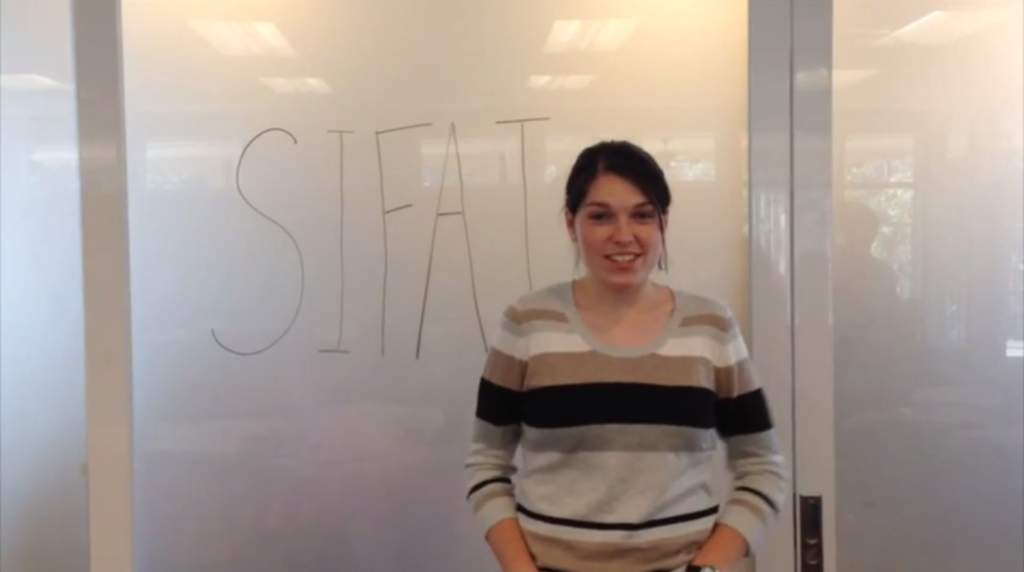We have recently had the incredible opportunity to visit and experience an organization called SIFAT, or Servants in Faith and Technology, which exists for two main purposes:
– To partner with motivated Christian persons in developing countries by providing training in appropriate technologies, life skills, and spiritual development.
– To educate North Americans about the severe challenges facing most of the world, and challenge them to become involved in some way through interactive experiences and training.
On the second day of our time at SIFAT, the Impact class had the opportunity to learn about and work with some of the appropriate technologies SIFAT is using to help transform people’s lives physically and spiritually in developing countries. We first learned about some very simple yet effective water filtration devices used by SIFAT. Next we constructed a Rocket Stove – a stove specially designed to use less wood, burn hotter, and produce less smoke than a normal fire. This technology is tremendously important because smoke inhalation is the fourth top cause of death for women in developing countries. Finally, we learned innovative ways to harness the maximum amount of nutrition in vegetables and plants to fight malnutrition. SIFAT changes people’s lives with these technologies by helping native people become proficient in these technologies, and then supporting them as they go back to their own people to teach these life-saving technologies and skills.
One of the things that we were able to experience together was living in a slum. Don’t worry- it wasn’t a real slum. SIFAT has created a lifelike urban slum complete with a junkyard and actors that make it very realistic. The staff can even change the slum area to match different countries- we got to stay in an Ecuadorian slum. For three hours, we worked together in family units to find water, food, and shelter, three things that every human being needs to live. Most of us spent the majority of the time working hard at various jobs like collecting fire wood, digging trenches, and fixing up slum apartments in order to afford a meager meal. Even though we only stayed in a slum for three hours, all of us learned a lot from the experience. We all gained a different perspective on what it means to truly have nothing and survive moment by moment.
We were also able to spend a night in SIFAT’s Global Village. Essentially, this village consists of about ten houses that are representative of different developing third world countries and are built according to the resources and culture of their pertaining countries. We were assigned to family groups and countries such as the Philippines, Nigeria, and India. After a tour of the global village and a brief explanation of the different houses and cultures, we participated in a “grain game” to show the interdependency of the world food system and how difficult it is for many countries to provide enough food for their citizens. After discussing this topic further over a “global feast,” we went to sleep in our assigned huts. The next morning, we had to work in our family groups in a fashion similar to those in developing countries. The men did “village work,” which in this case consisted of clearing leaves, while the women built fires, cooked breakfast and boiled drinking water over the fires, and cleaned the huts.
It was a challenging experience, to say the least. During our time in both the slums and global village, the problem of poverty became real to many of us in a new way. However, we were encouraged by missionaries from two different developing countries who shared their testimonies about how SIFAT is helping to meet both physical and spiritual needs of those who are living in poverty.
